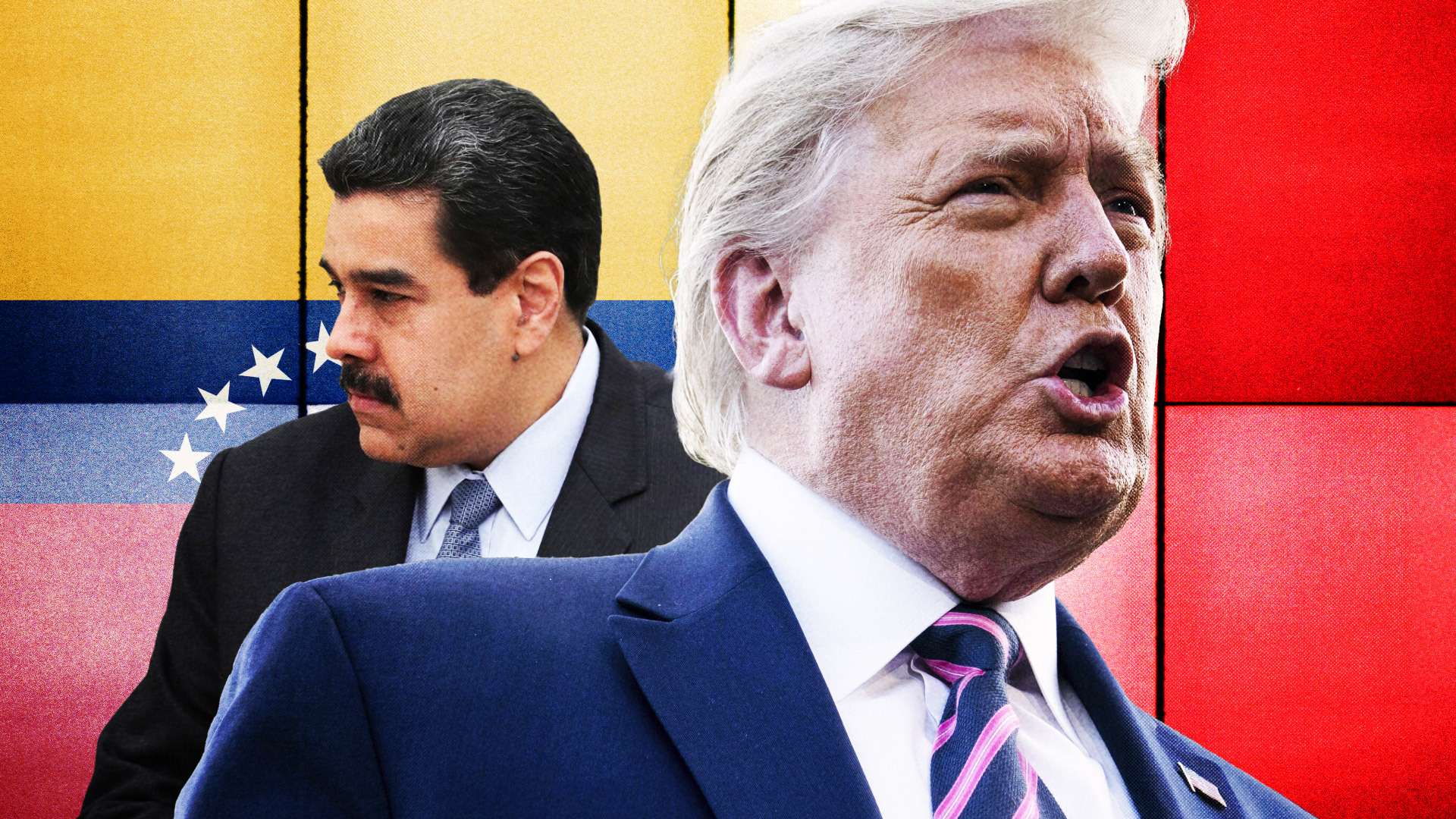With accusations of fraud and malfeasance becoming commonplace in national election cycles, it is important to look at a country where an actual stolen election has occurred for clarity.
Venezuela held a presidential election on Sunday, July 28, with the incumbent Nicolás Maduro running for a third term against Edmundo González. The government announced the results the next day, declaring Maduro the winner with 51.2% of the vote.
However, polls and exit polls suggested a different outcome, with González leading by a significant margin. This discrepancy raised suspicions of electoral fraud, especially considering Venezuela’s ongoing economic crisis.
The U.S. National Security Council and the State Department expressed concerns about the election results not reflecting the will of the Venezuelan people. Private organizations like the Carter Center also criticized the lack of transparency and integrity in the electoral process.
Evidence of government interference in the election includes the banning of a popular opposition candidate and attacks on her campaign headquarters. Additionally, independent verification of tally sheets showed González leading by a large margin.
The statistical anomalies in the official results further support the notion that the Venezuelan government manipulated the election to ensure Maduro’s reelection.
Overall, the Venezuelan election serves as a stark example of electoral fraud and highlights the importance of transparency and integrity in democratic processes.
Politicians in recent years have resorted to claiming massive voter fraud when election results don’t align with their expectations. This trend was notably exemplified by former President Donald Trump, who adamantly refused to accept his defeat in the 2020 election. Trump pursued numerous unsuccessful lawsuits and embraced far-fetched conspiracy theories, persisting in his belief that he was unjustly denied reelection.
Following Trump’s lead, many Republicans echoed his claims of a stolen election and introduced legislation aimed at restricting voting access. The prevalence of these allegations even influenced the 2022 midterm elections, where Trump’s endorsement often hinged on candidates supporting the narrative of election fraud. Despite the GOP’s focus on combating voter fraud, actual instances of such fraud are exceedingly rare.
However, election skepticism is not exclusive to Republicans. Hillary Clinton has also cast doubt on the legitimacy of Trump’s victory in the 2016 election, attributing it to various tactics like voter suppression and hacking. Similarly, Stacey Abrams refused to concede after narrowly losing the Georgia governor race in 2018, citing concerns about the fairness of the election.
While Trump took extreme measures to contest the election results, including pressuring officials and inciting a riot at the Capitol, Clinton and Abrams’ objections did not escalate to such levels of misconduct. Nonetheless, the widespread allegations of election fraud in the absence of substantial evidence undermine the integrity of the electoral process in a country where verifiable fraud is minimal.
In contrast, countries like Venezuela experience genuine election fraud, prompting citizens to protest against corrupt electoral practices. The existence of a largely transparent and fair electoral system in the United States is a privilege that should not be taken for granted, especially when compared to nations where electoral integrity is compromised. Please rewrite this sentence.
Source link





